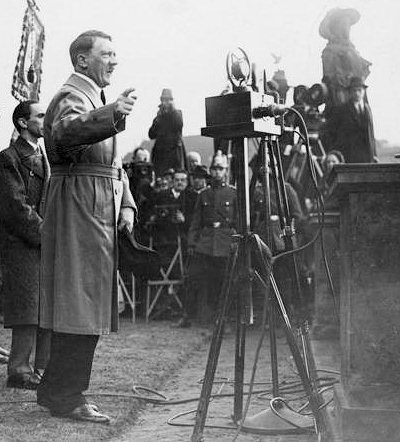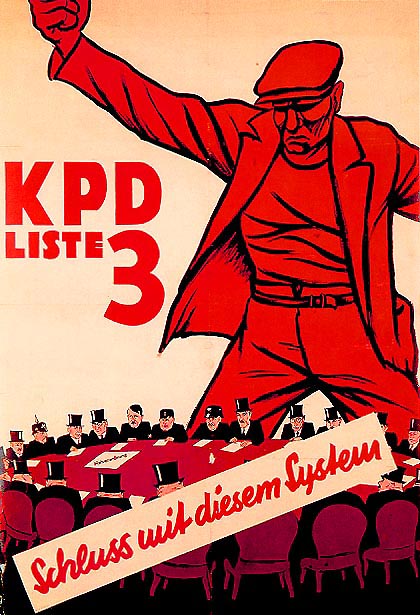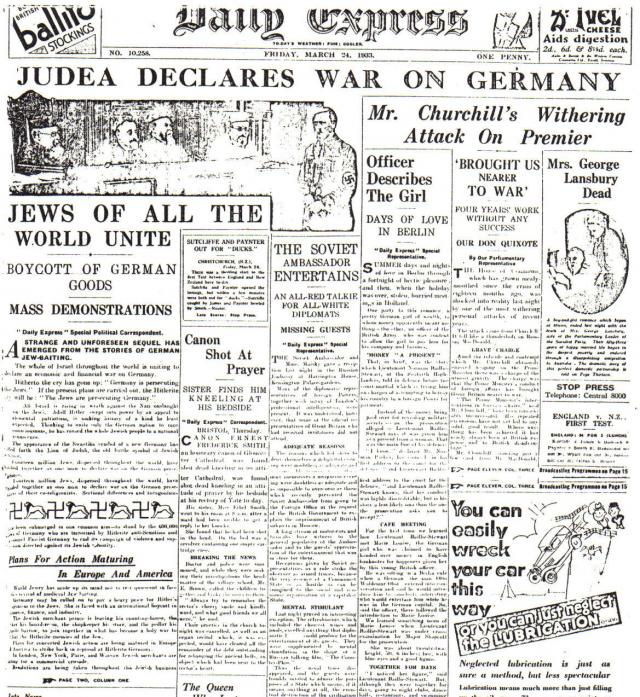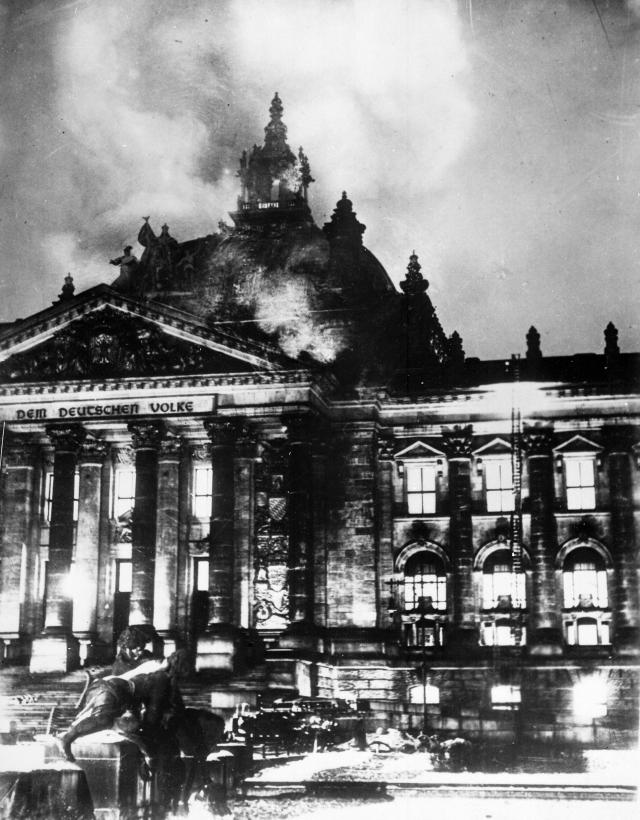Justifying the National Socialist Reaction to the Reichstag Fire, Part 2 - The Inevitability of the Enabling Act
What follows are book excerpts and notes which were prepared for this presentation.
 Justifying the National Socialist Reaction to the Reichstag Fire, Part 2 - The Inevitability of the Enabling Act
Justifying the National Socialist Reaction to the Reichstag Fire, Part 2 - The Inevitability of the Enabling Act
In part one of this series, we showed that the threat of a Communist revolution in Germany was very real, and that the threat was recognized by the German Federal Government, right up through the early 1930's. We also saw that in its own propaganda, the German Communist Party itself had been threatening such a revolution through all of the years of the Weimar Republic. Therefore when the Reichstag burned, and the culprit was found to be a communist who admitted torching the building for the purpose of setting off such a revolution, whether the Communist Party itself was complicit or not is immaterial, the NSDAP and the German government as a whole had every right to believe that such a revolution was the purpose of the fire, and the Communist Party was therefore banned.





























